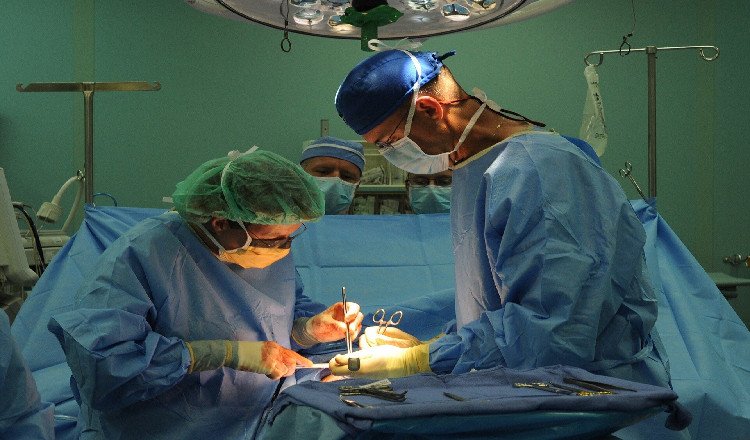
Recent research conducted by the University of Bristol Medical School and published in the British Journal of Surgery has determined that there is no discernible variance in recovery time and complication rates between standard and keyhole surgical techniques for treating esophageal cancer. Surgeons treating this condition need not alter their preferred surgical approach based on these findings. Esophageal cancer ranks as the tenth most prevalent cancer globally and is responsible for one in 18 cancer-related deaths. Typically, when only the esophagus and local lymph nodes are affected, surgeons perform an esophagectomy to remove the esophagus in an attempt to cure the cancer. The study, known as ROMIO and funded by the National Institute for Health and Care Research (NIHR), involved randomly assigning patients to either standard surgery (263 individuals) or keyhole surgery (264 individuals).
Researchers observed no distinctions between the groups concerning:
* Recovery three months post-surgery, as assessed through patient-completed questionnaires regarding physical function.
* Incidence and severity of postoperative complications.
* Efficacy of cancer removal, with both approaches showing equal effectiveness.
Chris Metcalfe, Professor of Medical Statistics at Bristol Medical School: Population Health Sciences (PHS), commented, "Our study did not corroborate previous trials suggesting that minimally invasive esophagectomy decreased complication rates. We found no discernible differences in short-term clinical outcomes or patient-reported physical function recovery over three months between standard and keyhole approaches. Moreover, there was no substantial evidence indicating variations in NHS resource costs during the initial three months between the two techniques. We plan to report on the longer-term recovery (24-month follow-up) and the health status of ROMIO participants in a separate publication. Additionally, findings from a nested study on entirely keyhole surgery will be published.

The Mega Kims Deal
ലോക അവയവദാന ദിനം
AUGUST 13
According to a recent study from King's College London, which was published in The Lancet Regional Health – Europe, researchers emphasize the pressing need for better support for stroke survivors suffering from depression.
മനോവൈകല്യം ; അറിയേണ്ട ചിലത്
ഡോ. പി. എൻ സുരേഷ് കുമാർ
Countries with the highest number of domestically trained medical doctors working abroad in an OECD country*
We have various options to advertise with us including Events, Advertorials, Banners, Mailers, etc.